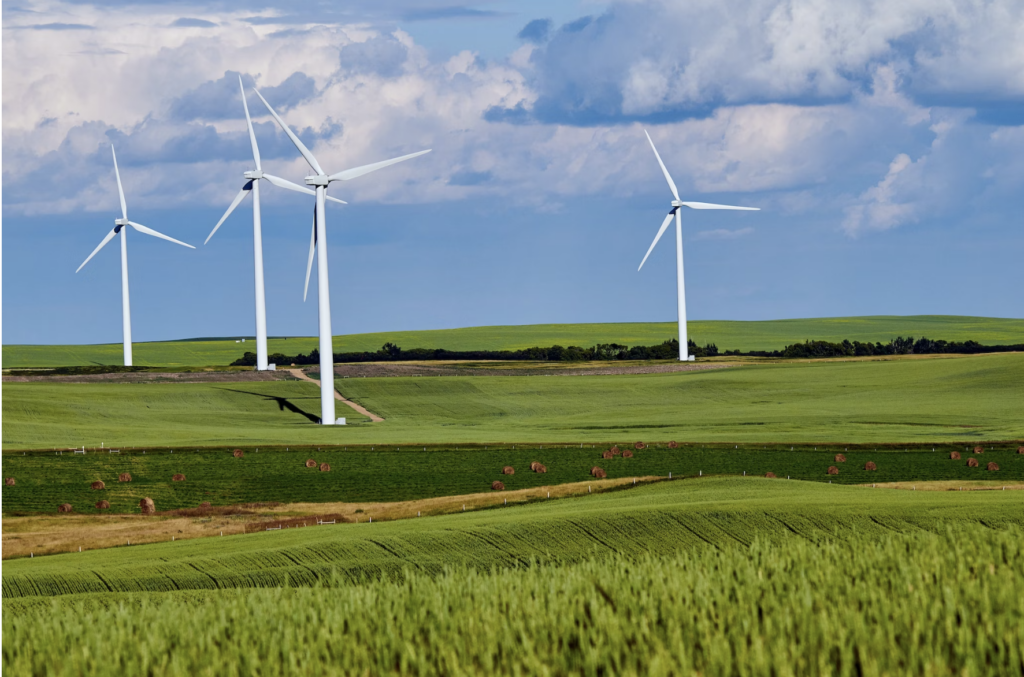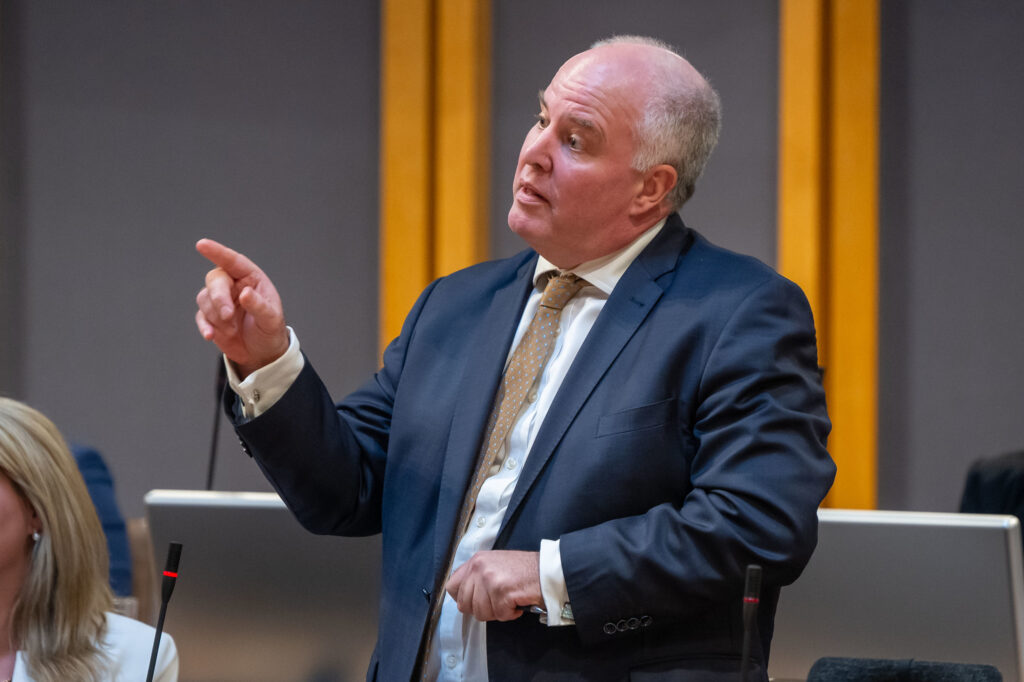Gerry Jewson argues retaining the value of renewable energy in Wales will require Welsh Government to work in new ways.
Over the last few months, all eyes within the energy sector have been focused on the new Welsh Government-owned renewable energy development company. The development company, or DevCo for short, was announced by Julie James, the Minister for Climate Change last October, with a remit to scale up renewable energy output in a way that directly benefits Wales.
The Welsh Government is still in the early stages of setting up DevCo. Recruitment for the body’s first chief executive is underway and more detail including a business plan are anticipated this spring. Six sites on Welsh Government owned land have been identified as the first locations for development.
One thing on many minds is how we use DevCo to maximise the value for Wales. How can we ensure that a greater share of the social, environmental and economic opportunities provided by expanding renewables in Wales are kept in Wales – and crucially, distributed in a way that is fair?
The wealth of Wales cannot be measured in pounds and pence alone. Retaining value in Wales must be more than the economic – as important as that is.
This idea, of maximising the value to Wales, is what led me to originally set up Wind2, a specialist onshore wind energy developer. As a company that was founded in Wales, is still owned in Wales and is headquartered in North Wales, we are passionate about not only decarbonising Wales’ energy supply but also working in ways that unlock greater social, environmental and economic opportunities for Wales. Wind2’s action in this area is driven by our values and ethos as a company, our commitment to Wales, and our track-record of working in a way which is consistent with the seven well-being goals. Yet such an approach is not common practice across the sector. So, if we are to deliver a just transition where no one is left behind, more will need to be done to retain the value of our natural resources in Wales.
The evidence behind why Wales must urgently achieve net zero is clear, and if we are to meet the ambitious new targets being proposed by Welsh Government, then action needs to be scaled up immediately. Amongst the mix of renewable energy technologies, onshore wind provides a proven and cost-effective opportunity to make progress now. Renewable UK’s Onshore Wind Prospectus forecasts the benefits to Wales if we were to grow capacity from 1.3GW to 5GW by the end of this decade. RenewableUK projects that an additional 3,000 Welsh jobs could be created adding £4.4bn GVA to the Welsh economy.
Robust debate and agenda-setting research.
Support Wales’ leading independent think tank.
Given the location of most of Wales’ pre-assessed areas for onshore wind are located in some of our most economically challenged areas, there’s a real opportunity to lever high-quality, well-paid jobs into communities that might otherwise struggle. But if the Well-being of Future Generations Act teaches us anything, it is that the wealth of Wales cannot be measured in pounds and pence alone. Retaining value in Wales must be more than the economic – as important as that is.
Through innovative community benefits arrangements, projects can help maintain the viability and vibrancy of local communities by providing income for crucial social infrastructure like community halls, sports clubs, and the arts. This is in addition to schemes which directly benefit the consumer through lower bills. Environmentally, too, more innovative approaches are levering in biodiversity gains, using onshore wind sites for habitat restoration.
There is only so much companies like Wind2 can do on their own. Good practice on retaining value needs to be common practice, and the new DevCo is an important driver for making that happen.
Delivering on the proposed target to generate the equivalent of Wales’s total annual electricity demand from renewables by 2035 will not be easy, but it is achievable if we wholeheartedly get behind Team Wales.
The DevCo should prioritise working with Welsh-based partners and those who can guarantee a redistributive approach to the benefits; a move which should be replicated across its procurement practices.
And whilst momentum is building to fix some of the long-standing grid capacity issues in mid-Wales, Welsh Government should explore how DevCo can take a more active role in grid development.
Delivering on the proposed target to generate the equivalent of Wales’s total annual electricity demand from renewables by 2035 will not be easy, but it is achievable if we wholeheartedly get behind Team Wales. That means not only recognising the vital role of onshore wind, but prioritising value to Wales in all aspects of policy and delivery. Organisations like Wind2 are already helping to make that a reality and are keen to do more. Doing so together would forge an energy sector that’s truly fit for future generations.
All articles published on the welsh agenda are subject to IWA’s disclaimer. If you want to support our work tackling Wales’ key challenges, consider becoming a member.





